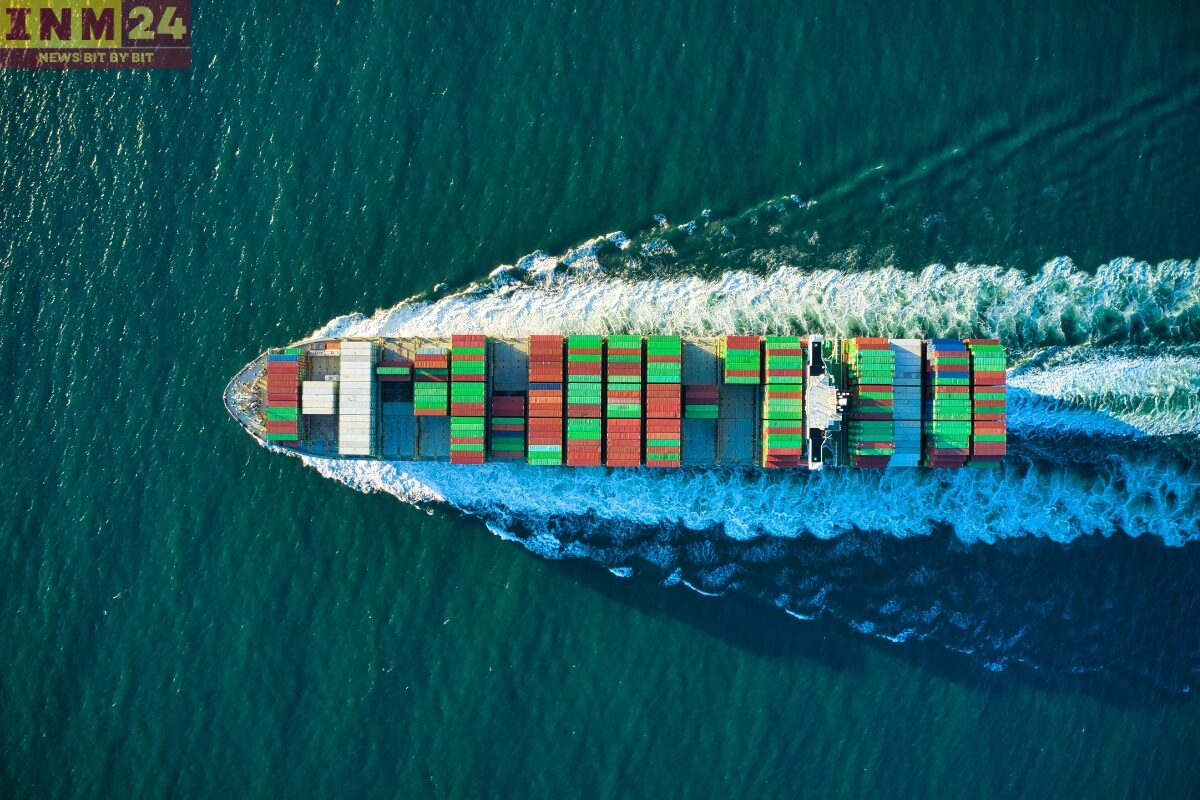In recent weeks, the global diesel supply chain has faced significant disruptions due to attacks in the Red Sea region. These attacks have not only heightened geopolitical tensions but also resulted in a drastic reduction in diesel supply from India to Europe. The implications of this disruption are far-reaching, impacting industries, transportation, and economies on both continents.
Red Sea Attacks Prompt Reevaluation of Maritime Trade Routes
The Red Sea, a crucial maritime route for international trade, has witnessed multiple attacks on oil tankers and commercial vessels in recent months. These attacks, attributed to various regional conflicts and geopolitical tensions, have raised concerns about the safety and security of maritime transportation in the region. As a result, shipping companies and oil exporters are reconsidering their routes and operations, leading to delays and disruptions in the supply chain.
One of the immediate consequences of these attacks is the sharp decline in diesel supply from India to Europe. India, a major exporter of diesel, typically supplies a significant portion of Europe’s diesel demand. However, the recent insecurity in the Red Sea has forced shipping companies to reroute or postpone diesel shipments, leading to a 90% decrease in diesel supply from India to Europe.
The impact of this decrease in diesel supply is felt across various sectors in Europe. Industries reliant on diesel for manufacturing processes, such as agriculture, construction, and transportation, are experiencing disruptions in their operations. Transportation companies are grappling with fuel shortages, leading to increased operating costs and potential delays in delivery schedules. Moreover, consumers may face higher prices for diesel products as a result of supply constraints and increased transportation costs.
Economic Implications of Reduced Diesel Exports for India
The situation also presents challenges for India, as the country’s diesel exports play a crucial role in its economy. The decrease in diesel supply to Europe could affect India’s export revenues and trade balance, potentially leading to economic repercussions. Additionally, Indian refineries and oil producers may need to explore alternative markets or adjust their production levels to mitigate the impact of reduced diesel exports.
Addressing the challenges posed by the disruption in diesel supply requires coordinated efforts from stakeholders across the supply chain. Governments, shipping companies, and international organizations must work together to enhance maritime security in the Red Sea region and restore confidence in maritime transportation. Furthermore, diversifying supply routes and exploring alternative sources of diesel supply can help mitigate the impact of future disruptions on global diesel markets.
The recent attacks in the Red Sea have had a profound impact on diesel supply chains, leading to a significant decrease in diesel supply from India to Europe. The disruptions highlight the vulnerability of global supply chains to geopolitical tensions and underscore the importance of ensuring the security and stability of maritime transportation routes. Moving forward, proactive measures and international cooperation are essential to address the challenges posed by such disruptions and safeguard the resilience of the global diesel supply chain.
